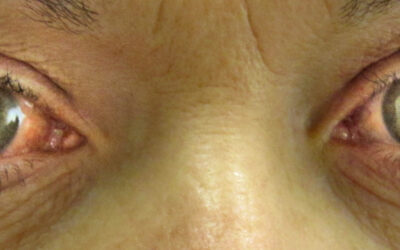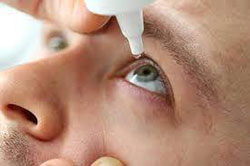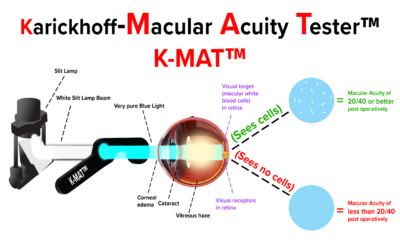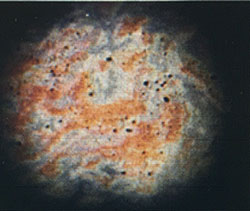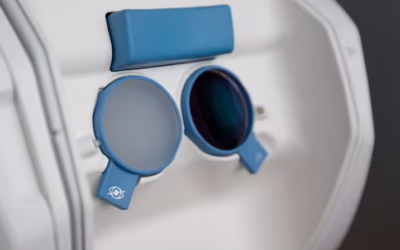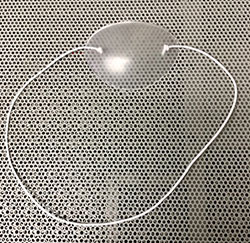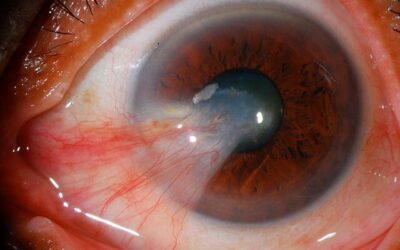Corrales Ocular Innovation InstituteTM
“To advance the art and science of ophthalmology through research and innovation.”
We believe that graduating from medical school, specializing in ophthalmology, and providing excellent patient care are noble goals. However, true medical advancement comes from innovative research. Our Institute is dedicated to developing new devices and treatments, rather than conducting non-innovative studies, to benefit patients and the medical profession beyond our doctors’ careers.

Alternate Glaucoma Treatments
For patients who cannot tolerate eye drops for glaucoma or have adverse reactions, our study compares two alternative treatments: (a) laser treatment to the outflow channels of the eye. (b) a medication pellet placed inside the eye.
Study on treatment of presbyopia
This study compares the effectiveness of using eye drops versus wearing glasses for
Study in the treatment of dry eyes
Our double-blind study is to determine which eyedrops are the most effective in treating dry eyes.
Karickhoff Macular Acuity Tester – K – Mat
HAND-HELD DEVICE REVEALS MACULAR ACUITY AND PREDICTS POST-OPERATIVE VISION WHEN THE MACULA CAN NOT BE SEEN By John Karickhoff, M.D. Doctors can easily examine the cornea, the lens, and the vitreous to learn if there is the clarity to allow good vision. However,...
Dry Eyes Study
Some patients with Dry Eyes do not have an oily tear film layer to prevent evaporation of the tears. Seeing this oily layer is important in any study of dry eyes. A device developed here allows seeing and photographing this allusive multicolored oily layer.
Final Magnetic Translucent Occluder
During our research with the translucent eye patch above, we experimented and did a formal visual field study on 60 eyes to see if the patch had to be attached to the patient’s head over their eye as had been done since the inception of visual field testing. We...
Early Design of Translucent Diffuser
Visual field testing is crucial for diagnosing and monitoring diseases, especially glaucoma. Traditionally, an opaque patch covers the non-tested eye, creating darkness and causing visual rivalry, leading to intermittent blackouts and missed targets. We developed a...
Corrales Floater Finder/Illustrator/Documenter
The Corrales floater documentation method identifies which floaters bother the patient most, which may differ from those seen by the doctor. This method is especially useful for locating small floaters in young patients and is revealing when patients draw floaters...
Pterigyum/Pterigión
What is Pterigyum? Pterygium is a noncancerous growth that may occur in one or both eyes and it’s more common in people who spend a lot of time under the sun, such as those who work outdoors. Symptoms painless growth in eye •...
Staff
Gustavo Corrales,MD, Founder, Medical Director
At the University of Pittsburg and New York Eye Institute he had advanced training in complex cataracts, corneal transplantation, and pterygium surgery. His research interests include developing pterygium surgery instruments, glaucoma, visual fields, and dry eye disease.
Diana Salazar, MD, Fellowship Trainer Glaucoma Specialist
At the university of California at Los Angeles and at the University of Michigan she did outstanding research in visual field progression, outflow mechanism of glaucoma and micro-glaucoma surgery.
John Karickhoff, M.D. Director of Research
Through extensive research, he is perhaps the only ophthalmologist to have produced a significant contribution or an innovation of each of the 14 anatomical parts of the eye.
Kedrick Ng, Study Coordinator
Lucia Munoz, Study Coordinator
Naty Flores, Certified Ophthalmic Technician
Jackie Serpas, Ophthalmic Technician
Research Equipment
The Institute operates in Dr. Corrales’ office, utilizing the latest medical equipment. This includes multiple slit lamps, cameras, lasers, a surgical suite, an OCT laser, a computerized visual field machine, ultrasound machines, a computerized keratometer, two corneal endothelial cameras, optical biometry, and more.
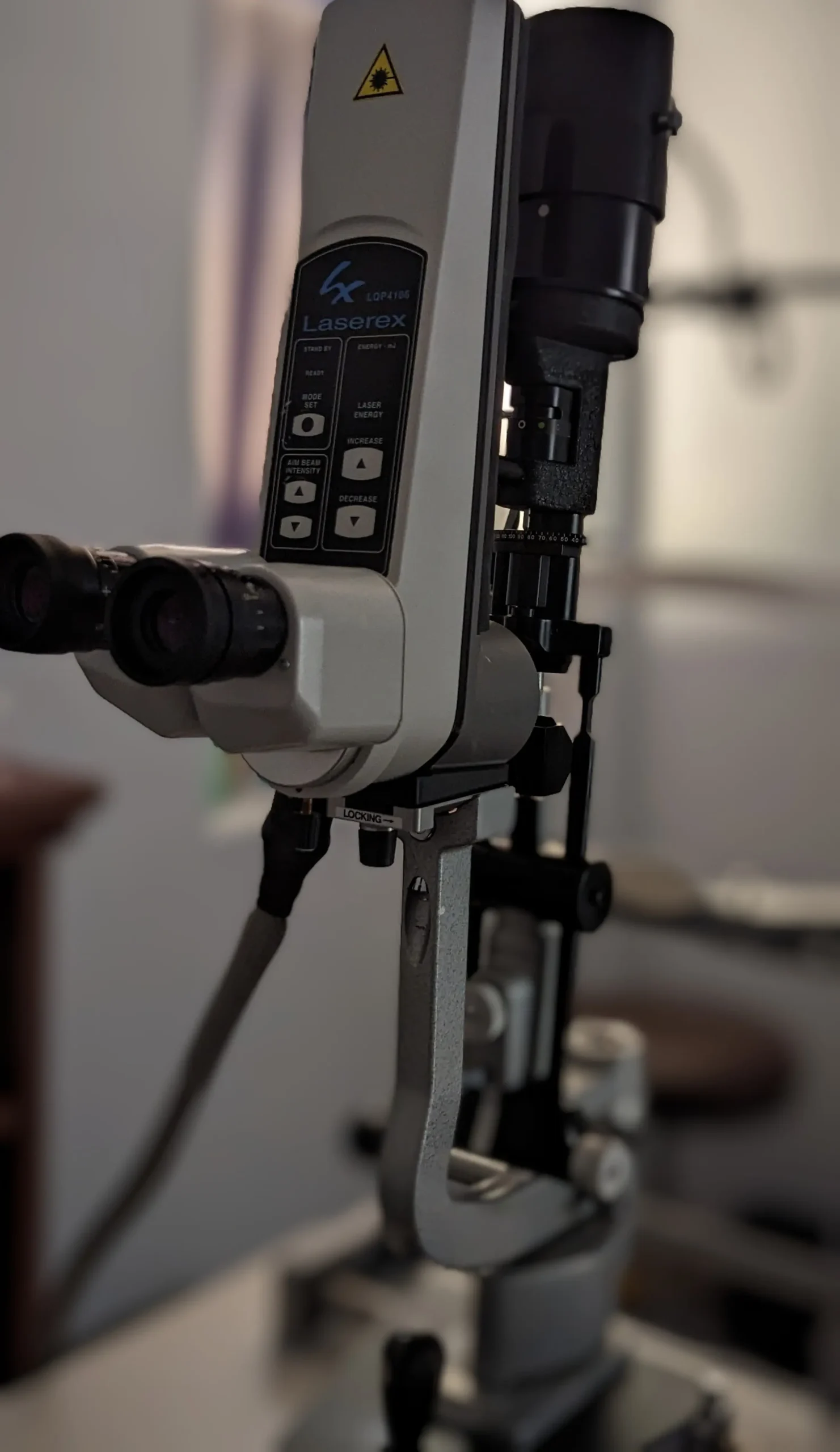
Half of our research studies are supported by Dr. Corrales’ private practice. The other half are conducted with the Emerson Clinical Research Institute, which has an ophthalmic division in Dr. Corrales’ office. This division performs FDA-supervised clinical trials on issues such as COVID-19, urinary infections, and glaucoma.

